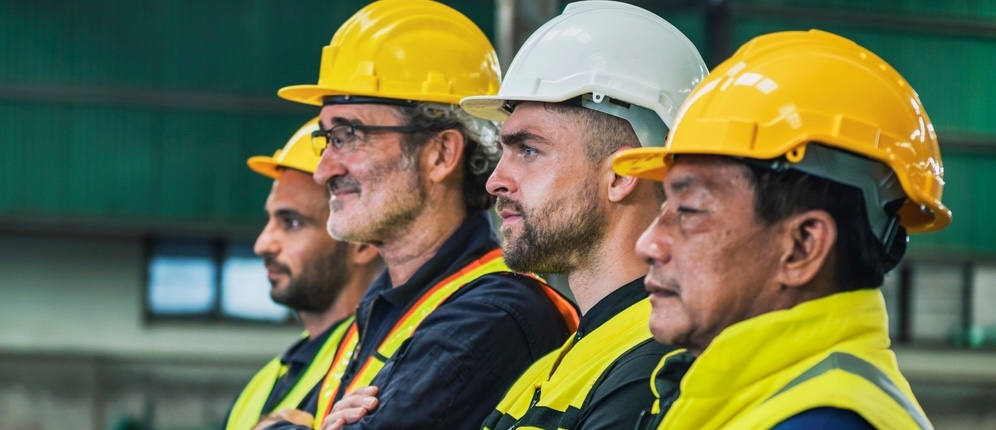When Donald Trump campaigned on the grand promise to bring blue-collar manufacturing jobs back to the United States, I knew I had seen and heard this before. As a former Hungarian Member of Parliament from a small town, mainly boasting factories with assembly lines that serve car manufacturers, I had seen how this brand of campaign rhetoric serves only a short-term political interest but does not serve the country’s future.
The past 15 years have seen Hungary reposition itself as the assembly line of the European Union, attracting billions in foreign direct investment, first from German car manufacturers and recently from Chinese EV battery factories. Viktor Orbán’s promise was simple: low taxes, cheap and compliant labor, and a government ready to satisfy the needs of the industry.
In return, jobs would come, exports would rise, and Hungary would enjoy industrial prosperity.
Beneath the surface of this apparent success, however, lies a fragile economic model built on dependency, not innovation. I witnessed how our government pushed for these deals, celebrating short-term gains, creating jobs, and boosting the GDP while neglecting the long-term consequences.
Over several years, I visited factories, spoke with workers, and saw entire regions molded around a single corporate presence. Many West Virginians, Ohioans, and Pennsylvanians can surely relate to what this looks like.
What Hungary got was a boom in what we call “biorobot” jobs: repetitive, low-value-added roles that leave workers with few transferable skills and little upward mobility.
When economic shifts emerge, such as will be the case with Trump’s tariffs, industry slows down and layoffs begin in anticipation of belt-tightening. Witness what happened in Germany. Suddenly, Hungary was left with thousands of workers trained only to follow instructions from another part of the production chain but not to adapt.
All this should sound familiar to Americans optimistic about bold headlines declaring billion-dollar investments from Apple, TSMC, and SoftBank. Nothing these firms pledge in press releases is legally binding, and they could pivot at any time based on financial considerations. That is not how you build thriving communities.
Which is why this isn’t solely an economic issue; it’s a social one. In Hungary, communities were built around these factories. Schools funneled graduates into them for stable careers. Retraining programs were an afterthought.
Today, many of these workers are stuck, unemployed or underemployed, with no clear path forward. Unfortunately for them, there are no visible prospects in the future. The skills they were trained in have little value outside one specific assembly line, and no one has invested in helping them to evolve.
What was the secret behind this short-term economic miracle by Orbán? Massive government incentives with few long-term requirements. Foreign firms received enormous tax breaks, land, and infrastructure support, and Hungary’s political leadership boasted about GDP growth and job creation as proof of their success.
At one point, Orbán was proud to see the unemployment figures at an all-time low. But what that created was a low-trust, high-dependence economy, vulnerable to external shocks.
Our government prioritized quick political wins but failed to build a resilient, future-oriented economy.
It is hard for me to observe objectively what is happening on the other side of the Atlantic, but as the United States embarks on its own mission of a “reshoring” industrial policy, the Hungarian experience offers a clear warning.
Manufacturing can certainly create jobs, but what kind of jobs? Temporary gains in employment numbers shouldn’t blind policymakers to the long-term outcomes. The United States must avoid creating its own class of biorobot workers who meet only a temporary need within a rapidly advancing technological economy.
There are better paths, and the U.S. is typically good at taking them.
You must encourage innovation together with production. If you want to invest in factories, consider the communities, too. And measure success not just by output but by resilience.
Hungary is a warning about how industrial growth without a “people-first” strategy can backfire. It’s not enough to attract factories; you must make such industry sustainable. Any successful manufacturing revival has to include trained workers, hard skills, and foreseeable futures. There are few real fortune tellers among us, but you can make reasonable bets on the foundational skills that can support our economies.
In the end, the goal isn’t just to make things—it’s to empower people to build better lives. That takes more than tax breaks and ribbon cuttings. It demands a long-term, lasting vision.

